When buying foreclosed homes, the tax issues can be both positive and negative.
 Buying foreclosed homes has tax issues worth researching. Purchasing a foreclosed home for personal use or as an investment property is an ideal way to start your real estate investment portfolio.
Buying foreclosed homes has tax issues worth researching. Purchasing a foreclosed home for personal use or as an investment property is an ideal way to start your real estate investment portfolio.
To avoid tax consequences when buying foreclosed homes, you should research the home and ensure it is free of any other tax liens and that the title will be clear after the purchase. It is also important to note that in most cases, you'll need cash to buy a foreclosed property at auction. You won't be able to use financing to buy the home.
Buying a house outright means you won't have a mortgage, but it also means you won’t have the tax deductions of homeowner financing.
 When you finance a home, you can deduct the interest portion of your mortgage payments, which in the first years of a mortgage can be a substantial portion of the payment. If you are required to take out Personal Mortgage Insurance (PMI), that is also a tax deduction. These deductions can decrease your overall tax burden significantly.
When you finance a home, you can deduct the interest portion of your mortgage payments, which in the first years of a mortgage can be a substantial portion of the payment. If you are required to take out Personal Mortgage Insurance (PMI), that is also a tax deduction. These deductions can decrease your overall tax burden significantly.
Since cash is often required to buy a home in foreclosure, you won't have these tax write-offs. However, property taxes are deductible regardless of how you purchase the home.
So the foreclosed homes tax issues are typically to the buyer's advantage. The recent economic downturn can benefit you if you want to buy a home at a reduced price. If you want to buy a home, a foreclosed home may be a good option.
It's important to learn as much as possible about the real estate market and foreclosed homes tax issues before trying to buy. QualitySmith can help you find home values, property listings and experienced real estate brokers.
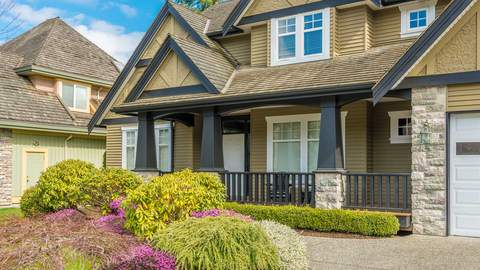
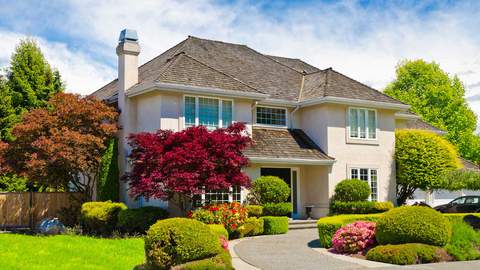
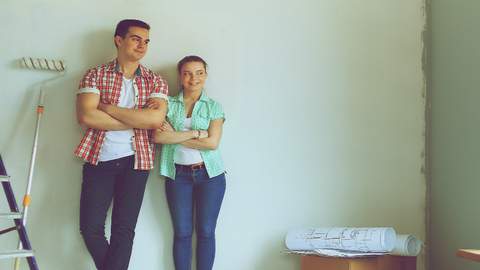


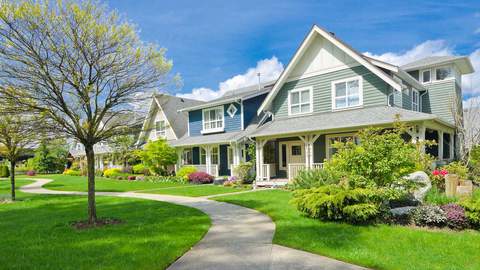
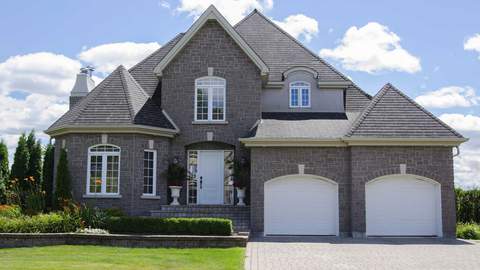
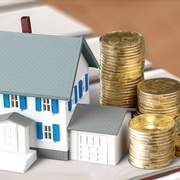

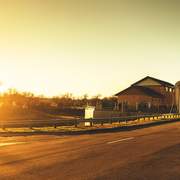
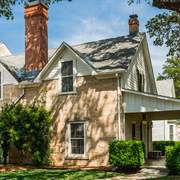
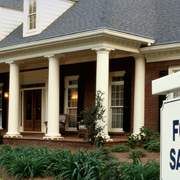
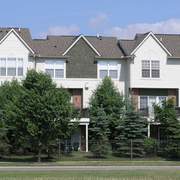


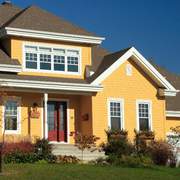
Write a Comment